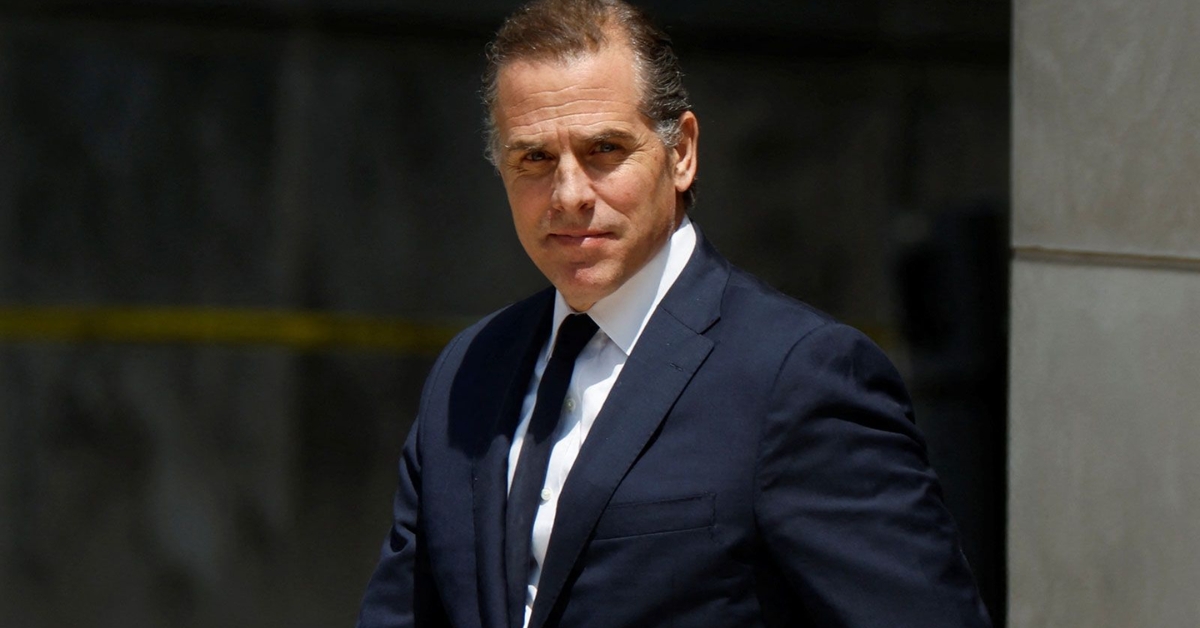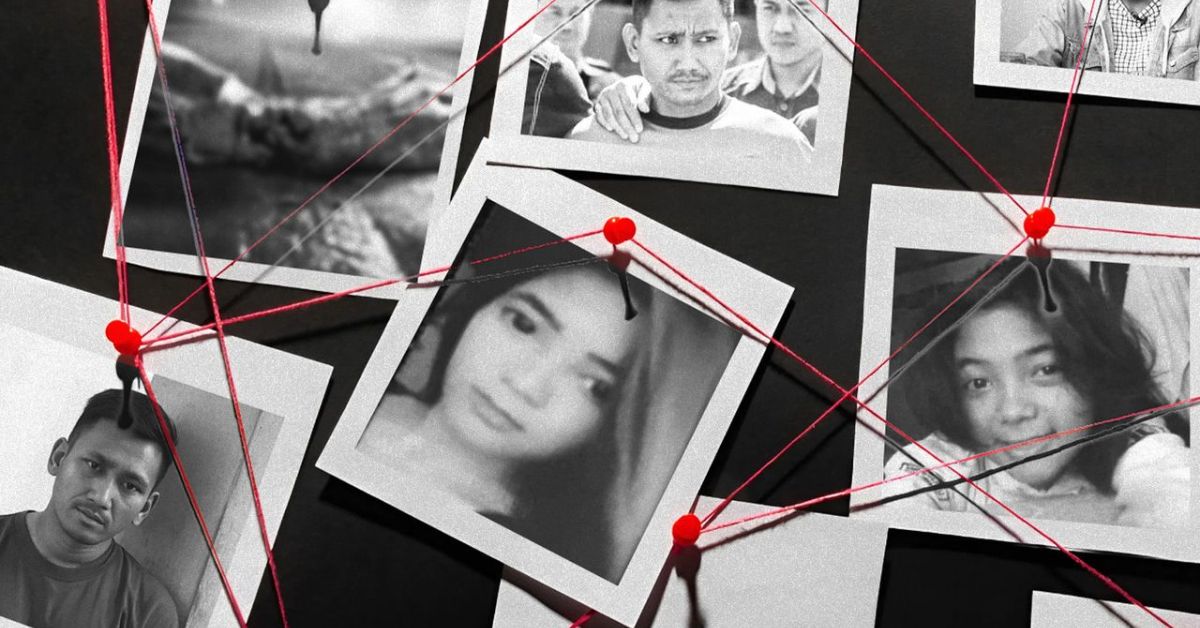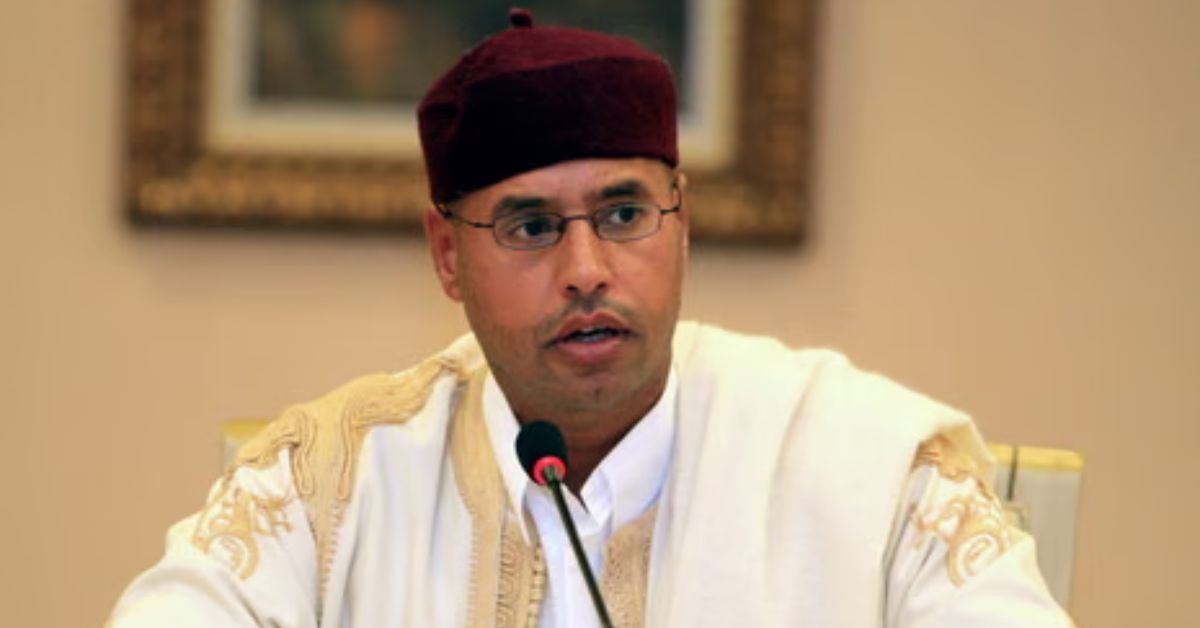Hunter Biden’s pardon raises questions about justice impartiality, sparking debates over political influence and American legal integrity.
Table of Contents
Hunter Biden’s Pardon Raises Concerns About Justice System Integrity
President Joe Biden’s surprising pardon of his son, Hunter Biden, has sparked widespread debate, highlighting concerns about the impartiality of the American judicial system.
The decision has raised questions about whether justice in the United States can truly be separated from political influence, especially as former President Donald Trump and his supporters argue that the judicial system has been weaponized for political purposes.
The pardon, announced on a quiet Sunday evening, represents a significant departure from President Biden’s previous stance on maintaining the independence of the Justice Department.
Hunter Biden’s pardon came just weeks before his sentencing over a pair of gun and tax convictions, which had emerged following a legal process.
This move followed Special Counsel Jack Smith’s decision to dismiss federal cases against Trump, citing the principle that a sitting president cannot be prosecuted.
A Controversial Move and Its Political Repercussions
Biden’s intervention might tarnish his administration’s reputation, contributing to a legacy undermining ideals of transparency and justice.
The pardon has provided a powerful rallying point for Trump’s supporters, who argue that Biden is guilty of politicizing the justice system by favoring his own family.
This argument, although potentially misleading, could have a significant political impact.
Until recently, Biden had refrained from intervening in his son’s legal battles, with the White House consistently claiming he would not interfere.
However, with Trump’s resurgence and the shifting political landscape, Biden appears to have reconsidered, leading to a decision that may be seen as political favoritism.
Hunter Biden’s Legal Troubles and Biden’s Defense
Hunter Biden was convicted of illegally buying and possessing a firearm after a trial that exposed his struggles with addiction, and he later pled guilty to tax offenses, acknowledging that he owed $1.4 million in unpaid taxes.
In his public statement, Biden said: “No reasonable person who looks at the facts of Hunter’s cases can reach any other conclusion than Hunter was singled out only because he is my son — and that is wrong. There has been an effort to break Hunter… In trying to break Hunter, they have tried to break me — and there is no reason to believe it will stop here. Enough is enough.”
Biden’s statement mirrors Trump’s claims, who has often argued that a politicized Justice Department unfairly targeted him.
The Hunter Biden case was initially handled by David Weiss, a Trump-appointed U.S. attorney from Delaware, who was later appointed as a special counsel by Attorney General Merrick Garland.
The Scope of the Pardon
The scope of Biden’s pardon is significant, as it includes any activities by Hunter Biden from January 1, 2014.
This timeframe covers his controversial business dealings in Ukraine and China while his father was vice president.
Although Republicans have repeatedly sought to prove that President Biden benefited from Hunter’s business activities, they have yet to produce conclusive evidence to substantiate such claims.
Hunter’s business activities created a political vulnerability for his father, providing ammunition for Republican critics.
Therefore, Biden’s pardon might be seen as both a compassionate act of a father and a preemptive move against potential legal actions that could further harm his son under a future Trump administration.
Political Reactions and the Future of Justice
Trump and his supporters have used the pardon to argue that Biden is politicizing the justice system.
With Trump’s pick of loyalist Kash Patel to lead the FBI and Pam Bondi as attorney general, there is growing anticipation that Trump may retaliate against those who investigated him or his allies.
Trump took to Truth Social to question whether Biden’s pardon of Hunter could be expanded to include the “J-6 Hostages,” referring to individuals convicted of crimes related to the January 6, 2021, Capitol riot.
“Does the Pardon given by Joe to Hunter include the J-6 Hostages, who have been imprisoned for years?” Trump wrote, adding that Biden’s actions were an “abuse and miscarriage of Justice.”
Republican Senator Tom Cotton of Arkansas echoed this sentiment, tweeting: “Democrats can spare us the lectures about the rule of law when, say, President Trump nominates Pam Bondi and Kash Patel to clean up this corruption.”
Cotton’s comments hint at the broader Republican strategy of using Biden’s actions to justify endorsing Trump’s political appointees.
A Partisan Divide Over Justice
The pardon of Hunter Biden adds to an already contentious political climate, where both sides accuse each other of abusing the justice system.
During his first term, Trump used his pardon power to protect several political aides, including his daughter’s father-in-law Charles Kushner, now Trump’s pick for ambassador to France.
Trump also pardoned former campaign chairman Paul Manafort and longtime associate Roger Stone—decisions that critics saw as a blatant misuse of presidential power.
The recent politicization of the Justice Department and the FBI is part of a more extended history that includes the FBI’s reopening of the investigation into Hillary Clinton’s use of a private email server just days before the 2016 election—a move many Democrats still blame for Clinton’s loss.
This trend continued with the Mueller investigation into Trump’s campaign.
It alleged ties to Russia, which ultimately concluded that while there were connections, they did not meet the threshold for criminal conspiracy.
Implications for American Justice
Recent events, from Biden’s pardon to Trump’s alleged retribution plans, suggest a grim future for public faith in American justice.
If Trump responds to the perceived weaponization of the justice system by further weaponizing it, it could lead to a lasting erosion of trust in American institutions.
Millions of Americans could view the justice system as irreparably compromised—a shift that may profoundly impact the nation’s political stability for decades.
Ultimately, Hunter Biden’s pardon and the subsequent reactions from Trump and his supporters serve as a reminder of how deeply politics and justice have become entwined in the United States.
Whether the justice system can operate independently of political influence or will continue to be a battleground for partisan agendas.






